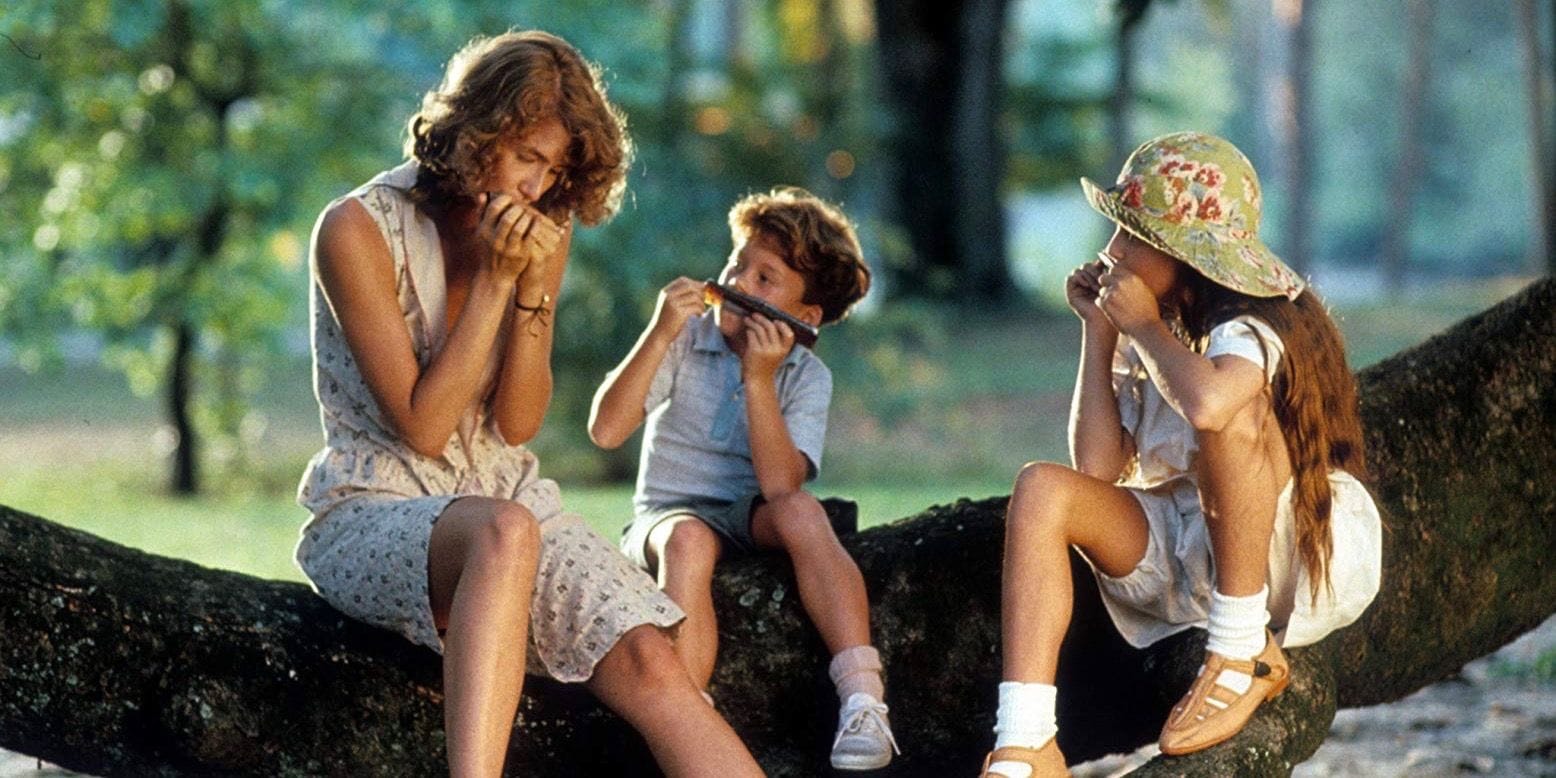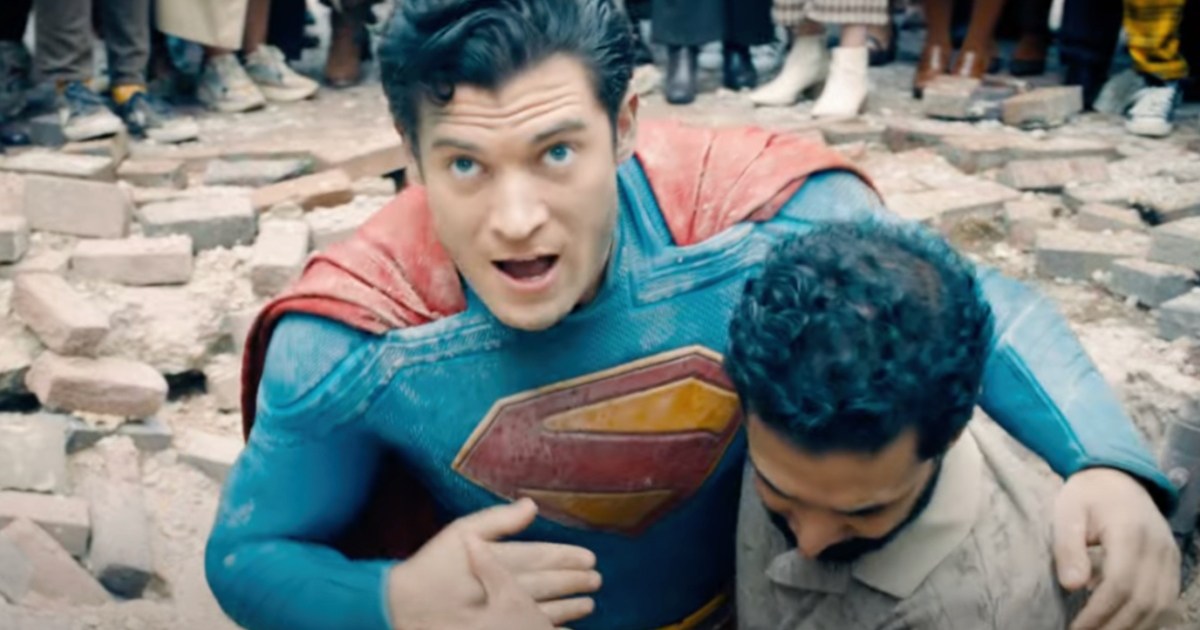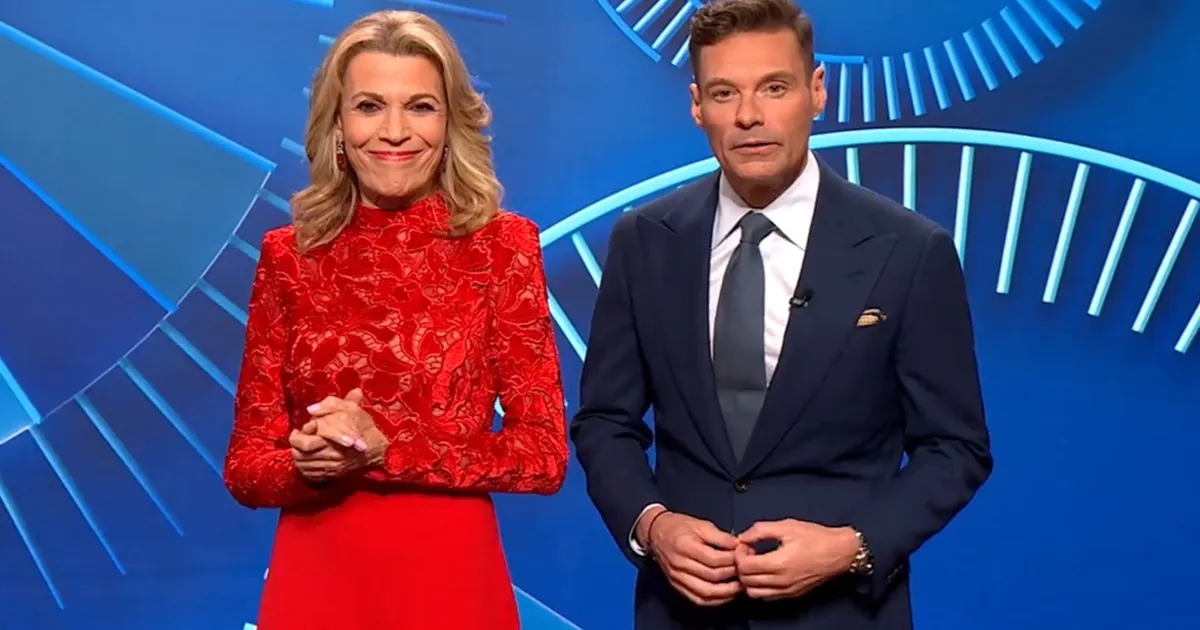Martha Coolidge’s 1991 coming of age drama Rambling Rose is unique in a number of different ways, from its production history to its edgy nature to its strange, yet coherent tone. It’s not a perfect film by any stretch of the imagination, but it is a meaningful and well made look at male and female desire that was taken from a resolutely masculine source text and yet comes across with a refreshing female perspective. It is, at times, an uncomfortable film to watch, both in terms of subject matter and how attitudes towards such subjects are handled today as opposed to in 1991 or during the film’s period settings. Although it garnered numerous high profile awards and nominations and currently holds a perfect 100% on Rotten Tomatoes (albeit with a paltry 57% audience rating, both as of the time of this writing), Rambling Rose is the type of film that takes a look at the best and benefits from a set of fresh eyes today.
During the Great Depression, The Hillyer family of Glennville, Georgia have decided to take in a wayward soul from Huntsville, Alabama in need of support and guidance. Father (Robert Duvall) and Mother (Diane Ladd) are all set to welcome troubled young woman Rose (Laura Dern) into their family. Rose is brought on to help tend to the house and look after the three Hillyer children – eldest Buddy (Lukas Haas), Waski (Evan Lockwood), and Doll (Lisa Jakub) – but she’s treated like one of their own. The arrangement seems a happy one at first, but it quickly becomes apparent that Rose is a sexually charged person who casts a wide net with her affections. Father rebuffs Rose’s advances, leading to a considerable amount of tension, and budding teenager Buddy wishes Rose would take an interest in him. As Rose’s revolving door of men who become infatuated with her grows, tensions between the young woman and the old man come to a boil.
At a passing glance, Rambling Rose – recently re-released on Blu-Ray through Kino Lorber in a very nice package with a great deal of new and archival special features – fits right in alongside other 90s Southern dramas like Fried Green Tomatoes and Steel Magnolias, but Coolidge’s adaptation of Calder Willingham’s 1970s novel of the same name is playing with more fire. Coolidge, in a departure from the sort of teen comedies she was starting to become known for in the 1980s (Real Genius, Valley Girl, the barely released Plain Clothes), moves back to the more serious start of her career, which began with the harrowing date rape survivor documentary Not a Pretty Picture (itself recently restored and brought into the Criterion Collection). Throughout Rambling Rose, Coolidge refuses to treat the title character’s sexuality like a taboo subject. It is placed front and centre throughout the film, even during a sequence where Rose sneaks into Buddy’s room for comfort and the young man’s hormones kick into overdrive. It’s a scene that deftly straddles the line between taboo and male fantasy; between female tragedy and fulfilment; between good taste and scandal.
Scenes like Rose’s encounter with Buddy in bed help to provide Coolidge with a narrative anchor for a film that’s suffering from an identity crisis in a lot of other ways. Stylistically, Rambling Rose has all the trappings of a prestige film of that era: a jaunty, yet pedantic and overbearing score that sometimes feels inappropriate, sunny skies when characters are happy, gloom when they are sad, handheld shots that don’t add realism as much as they add jitteriness, and an all too sanitized look at a period in human history where the gulf between the wealthy and poor was larger than the Grand Canyon. Part of those stylistic foibles could be the result of input from producer Renny Harlin (Dern’s then boyfriend, who had just made A Nightmare on Elm Street 4: The Dream Master and Die Hard 2) and unlikely studio partner Carolco (best known for the Rambo franchise, Terminator 2: Judgment Day, and Total Recall). Or it could possibly be a comfort zone for Coolidge to retreat to after a decade of mainstream skewing fare.

Another battle occurs between Coolidge and Dern’s approach to the character and writer Willingham’s viewpoint and overly precious script. Willingham’s novel and viewpoint are not only deeply male in their gaze, but also in their love for overly flowery, inorganic southern aphorisms and turns of phrases that are inorganic and sometimes unintentionally hilarious. There’s a corny “aw shucks” nature to Willingham’s script that’s frequently at odds with Coolidge’s desire to make something a lot more balanced and meaningful. While there’s a personal bent to Willingham’s writing, it’s also ego driven male fantasy that only nominally gives the female character some degree of autonomy. Although the story deals with sexuality, Willingham’s writing is traditional in ways that felt out of place even in 1991. By today’s standards, those leanings are tiresome. So too are the wraparound segments which feature John Heard as the adult version of Haas’ character, which add an unnecessary bit of boomer-era nostalgia baiting that would’ve been low hanging fruit even in the early 90s.
The main reason why Rambling Rose works – outside of its stellar performances – is because Coolidge takes the lead character at face value, even when she’s lying to prevent being outed as some sort of harlot traipsing about town. Coolidge holds Rose in a tremendous amount of kindness, almost protecting the character from every hardship the movie could put in her path. Coolidge understands that Rose shouldn’t be placed into a box as a character, constantly doling out little bits of information about her backstory, with the help of Dern’s focused, detailed performance. While some scenes in Rambling Rose are very much an adolescent fantasy that takes the perspective of an older man looking back towards their youth with horny nostalgia, Coolidge always finds ways of offsetting the film’s worst impulses.
One year removed from playing an equally sexualized, somewhat naive young woman in David Lynch’s Wild at Heart (which also co-starred her real life mother, Ladd), Dern delivers a pitch perfect depiction of a woman coming into her own; not sexually, as she has already done that, but in terms of self awareness. Through facial expressions and body language, the viewer can see Rose’s growing discomfort in her own skin. There is desire in her eyes and movements, but also a lot of hesitancy. Dern’s controversial scene with Haas in the young man’s bedroom isn’t memorable because of the content alone, but rather because the performers are going to a deeper place to play the awkwardness and trauma at the heart of their interaction. We never fully flesh out exactly why Rose is the way she is, but there’s clearly trauma in her past, and Dern’s performance as a woman whose existence is shaped by darkness is reasoned and passionate in equal measure.
But the more interesting character in Rambling Rose belongs to Ladd, who was quite rightfully nominated for a Supporting Actress Oscar alongside her daughter’s Leading Actress nod (making them the first and only mother-daughter team to net acting notices for the same film). Ladd’s Mother is a complicated woman. She loves her children, but still has some old school ideas on how they should be raised. She’s a woman of letters, still working towards finishing her doctorate at Columbia. She is enlightened in ways that her husband is not, and yet, they still treat each other fairly and equitably whenever locked in an argument. She understands Rose and has no desire to see this young woman change, no matter how uncomfortable she makes some of the men in her life. In fact, the film’s most powerful and memorable scene occurs when a doctor (Kevin Conway, leaning into lasciviousness) informs Mother and Father that Rose has an ovarian cyst, and that to kill both the tumour and the young woman’s sex drive, they should just do an entire hysterectomy. The men agree to the procedure, but Mother is infuriated, standing up for Rose’s rights as a woman. It’s one of the best scenes ever captured about the fights women have to endure to maintain control over their own bodies. It’s a scene that doesn’t get as much attention as the more notable bedroom encounter, but it absolutely should.
Rambling Rose has fallen into a bit of obscurity in recent years, after winning the top prize at the Independent Spirit Awards upon its theatrical release. It’s assuredly a product of its time in terms of technical craft, and the delicate tone of the film is sometimes sabotaged as a result, but it’s worthy of reappraisal and a continuing conversation surrounding female sexuality in film. The performances of Dern and Ladd will stand the test of time, no matter what lens one chooses to view the film. And it reaffirms that Coolidge is undervalued as a filmmaker.




